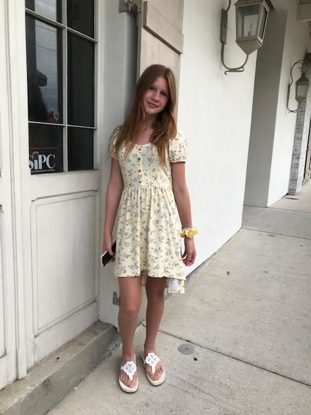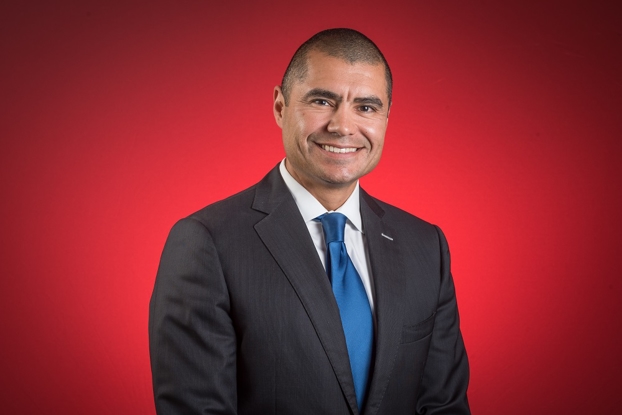Robotic Procedure Proves First Treatment to Successfully Eliminate Seizures in Some Epilepsy Patients
- Category: News, Patient Stories
- Posted on:

At Children’s Hospital New Orleans, 20-year-old Hunter Langley has been under the care of neurologists for years. A diagnosis of epilepsy meant Hunter suffered between 3-12 seizures daily, with no successful treatment – until earlier this year when doctors performed the first robotic procedure of its kind in Louisiana.
Doctors have tried to reduce the seizures with medication and nerve stimulation in the past, which were not successful. Hunter’s case is difficult because on MRI, there was no discernable lesion that would allow doctors to pinpoint the cause of the seizures.
In the past, doctors would have been stuck. But now, thanks to the ROSA® surgical robot, we have a minimally invasive way to diagnose and treat epilepsy. Through ROSA, surgeons use computer-guided, minimally-invasive technology to treat children with severe epilepsy conditions, like Hunter.
This new generation of robotic technology helps surgeons identify the source of seizures more precisely, safely and efficiently resulting in reduced surgery and recovery times, and ultimately, improved outcomes and patient experience.
Children’s Hospital is proud to be the first facility in the state of Louisiana to treat Children from across the state and surrounding regions with this life-changing service.
Earlier this year, Dr. Jerome Volk and Dr. Jeremy Toler of Children’s Hospital New Orleans presented Hunter’s case at Cleveland Clinic, where a team of peers agreed that Hunter was an excellent candidate for the ROSA procedure.
Before robotic advancements, the only alternative was to fully open the brain via craniotomy, a highly invasive procedure with many risks. Now, with ROSA, surgeons can direct the robotic arm to the exact trajectory where tiny anchor bolts place 1.8 mm leads that gather information from the brain for 5-14 days.
This is an excellent treatment option when a lesion is undetectable via imaging, or when there are multiple lesions. The information collected via the leads is then used to help find the exact location of the lesion, which before was undetectable.
Hunter underwent a successful surgery in January and is now seizure free. Where previously there were no options for some patients like Hunter, we now have a safe, precise option that is delivering life changing results.
Children's Hospital's ROSA robot was largely funded by a grant from Valero and proceeds from the 2018 Sugarplum Ball. The hospital's neurosurgery team has since performed a second successful ROSA procedure on an epilepsy patient and looks forward to continuing to improve the quality of life of those suffering from epileptic seizures through ROSA when conservative treatment options aren’t successful. ROSA is a game changer in epilepsy care for kids across Louisiana and the Gulf South.



